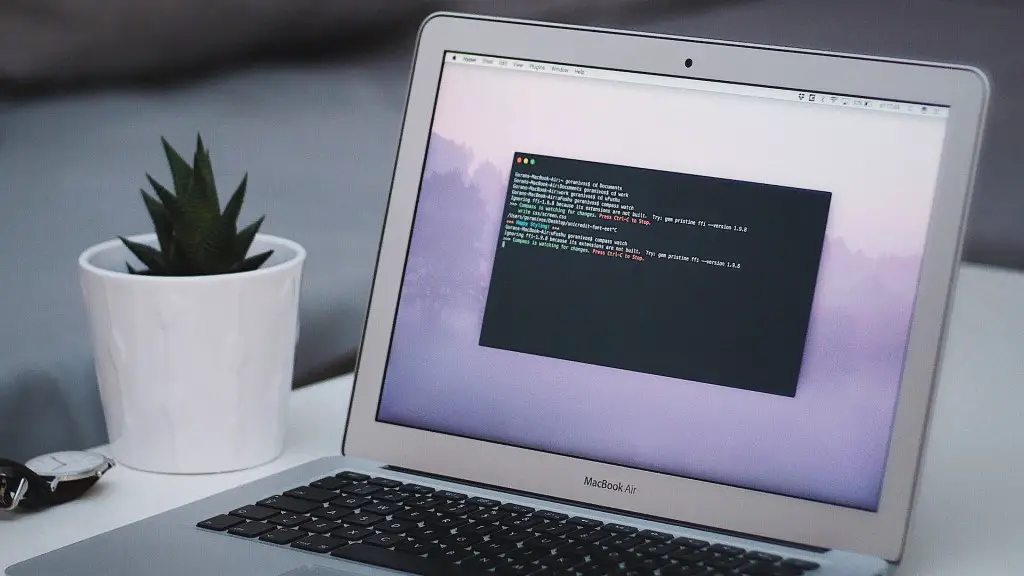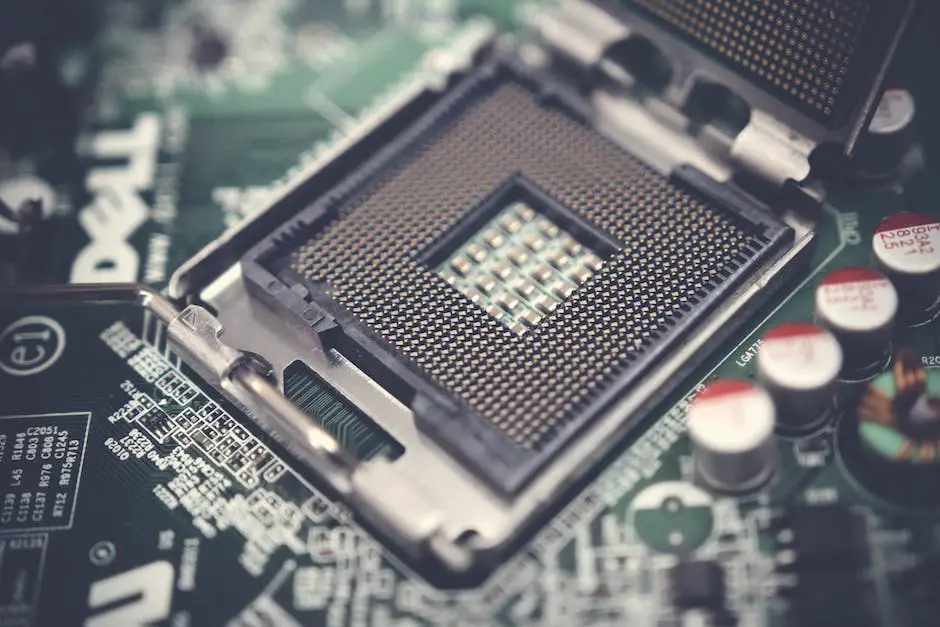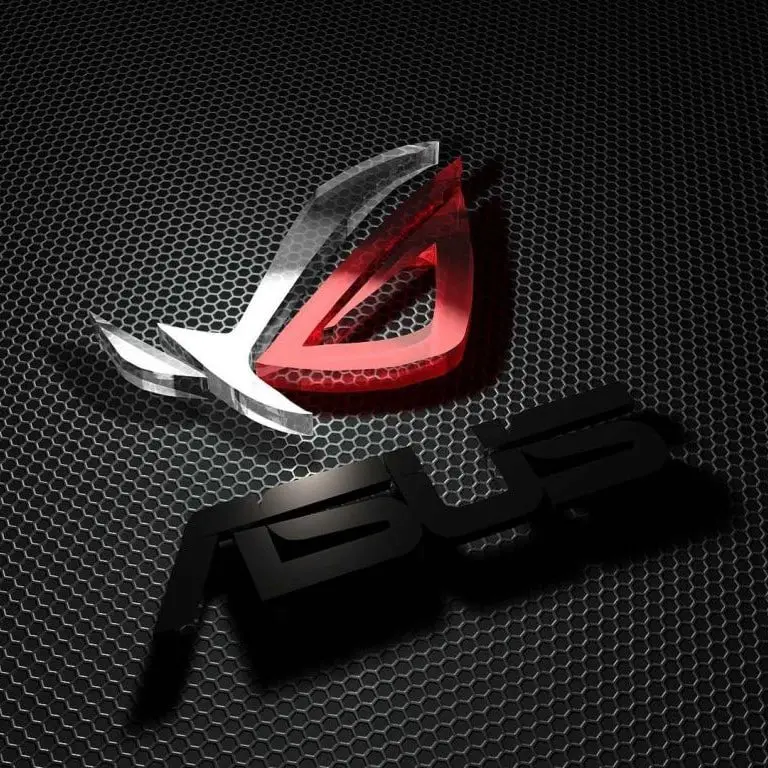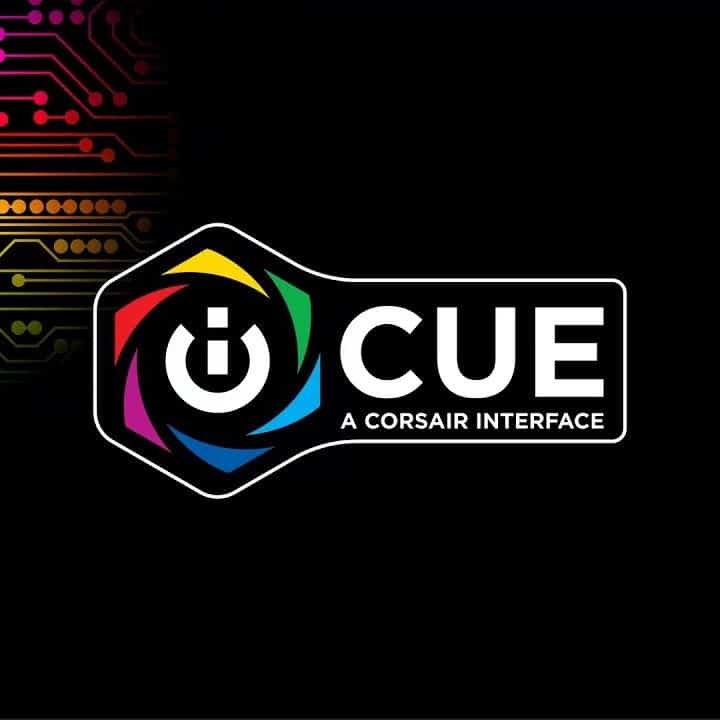When you purchase through links on our site, we may earn an affiliate commission. Learn more...
Does Resetting Your PC Make It Actually Run Faster?

Knowingly or unknowingly, everyone who uses a computer eventually faces challenges related to its speed and performance. It’s inevitable, (like Thanos), as over time, with regular use, a computer’s performance can slow down.
This can be attributed to various factors, such as data overloading, virus or malware attacks, outdated hardware, lack of regular maintenance, and more.
Resetting your PC will improve performance and make everything load faster. Nevertheless, you should not expect that effect to last very long since your PC will gradually slow down as you add more and more programs again.
In addition, it’s essential to take into account the implications of a PC reset, the types of resets, and their potential effects on a computer’s overall performance.
Key Takeaways
- Reset is an option, but not primary. Regular maintenance, protection, upgrades, and optimization are equally vital for performance.
- It restores factory settings, enhancing performance by clearing space and resolving issues.
- There are two reset types:
- Soft reset: Similar to restart, closes apps and boosts speed.
- Hard reset: Erases everything(erases everything, tackles bloatware, should be last resort.
Understanding Computer Resets
The Basic Framework
A PC reset refers to a restoration process where all the information on your computer is removed and the system is returned to its factory settings.
Essentially, it’s like taking a step back in time as the PC reverts to the original state it was in when you first bought it.
This process deletes all the installed programs, user settings, and files that have accumulated over time.
In some instances, a PC reset can significantly boost a computer’s performance by freeing up space and eliminating problematic software or files.
Types of PC Resets and Their Effects on Performance
There are essentially two types of resets that can be performed: a soft reset and a hard reset. A soft reset is often equivalent to simply restarting your computer.
It does not delete any files or settings, but it does close all open applications and flushes the RAM, which can improve performance if your computer is beginning to slow down due to too many applications running at once.
On the other hand, a hard reset (also called a factory reset) completely erases all data, settings, and applications that are not pre-installed on your computer.
This can make your computer run faster by eliminating bloatware, freeing up storage space, and resolving software conflicts or malware issues.
However, since a hard reset removes everything, it should only be used as a last resort.
When it comes to hard resetting, you can also keep the files and simply reinstall the operating system. But, this will only help if you have just issues with the OS.
When to Consider a PC Reset

Resetting your PC can be beneficial in instances where your machine is running slower due to software problems or is infected with malware.
It can also be helpful when your system is cluttered with unused files or if you’ve decided to give or sell the computer to someone else and you want to ensure all your personal information has been removed.
However, it’s important to remember that a hard reset deletes all files and applications. Therefore, before performing such action, make sure you back up all your important documents, pictures, and other files you wish to keep.
If your PC is underperforming, you may want to consider other, less drastic measures first, such as uninstalling unnecessary programs, running a disk cleanup, or defragmenting your hard drive.
Key Considerations Before Performing a PC Reset
If you opt to pursue a hard reset to make your PC run faster, be sure to first consider the potential drawbacks. The most critical one is the loss of data and the removal of programs.
Before you begin the reset process, have a plan for reinstalling programs and recovering backed-up files.
Moreover, be aware that if your PC is old, factory settings may not include all of the updates and patches that your system currently has. After a reset, you may need to go through a lengthy process of re-downloading and installing updates.
In conclusion, resetting your PC can sometimes make it run faster. Whether it’s the most suitable solution depends on what is causing your PC to slow down.
It should be seen as a final recourse rather than the first action, allowing for less drastic measures such as decluttering or software troubleshooting to be tried first.
Maintenance and Optimization of PC

Regular PC Maintenance: The First Step to Performance Enhancement
Regular PC maintenance is critical for keeping your system up and running smoothly.
This includes uninstalling unused programs and unnecessary files to free up space, disk clean-up to get rid of temporary files, and defragmenting your hard drive to optimize space usage.
Using the built-in Disk Clean-Up tool in Windows can eliminate unneeded files such as temporary internet files, system error memory dump files, and old operating system upgrades.
Disk defragmentation reorganizes your data making it easier and faster for your computer to access that data.
Virus Protection: The Wall Against Malware and Spyware
Protecting your PC from viruses and malware is another essential aspect of maintenance that improves computer speed.
Installing a good antivirus program can protect your computer from harmful programs that slow down your system, steal your data, and cause various other issues.
Antivirus software works by detecting and removing threats before they have a chance to harm your computer. Keeping your antivirus software up to date is also necessary to protect against the latest threats.
Hardware Updates: Boosting Performance
Hardware updates can also significantly improve the speed of your computer. For instance, increasing your system’s RAM can allow your PC to run more programs simultaneously.
With more RAM, your computer can hold and process more data all at once, reducing the need to use the hard drive for these processes.
If your PC has a slow hard drive, then replacing this with a faster one, or replacing a traditional HDD with an SSD, can also significantly speed up your computer.
Optimization Tools: For a Fine-Tuned System
Optimization tools such as system utilities and cleaner tools can further enhance the performance of your computer.
These tools provide functionality like deleting duplicate files, cleaning up the registry, managing startup programs, uninstalling programs, and erasing browsing traces.
Many of them also offer additional features, such as updating your drivers, checking your hard drive for errors, and optimizing hidden Windows settings.
Software Updates: Keep Your System Current

Keeping your operating system and other software up-to-date can also help improve the performance of your PC.
Software updates provide a range from minor bug fixes to new and improved features, and even entirely new versions of the software.
Updates also frequently patch security holes, keeping your computer safe from the latest threats. To update the software, navigate to the “Updates” section in the settings of your operating system and applications.
Tackling these areas of maintenance and optimization can help keep your PC running smoothly and, over time, may significantly increase its speed and performance.
While resetting your PC could potentially increase speed, these steps should help without resorting to that measure.
Having a comprehensive understanding of the various types of resets and their impacts on a computer’s performance allows users to make informed decisions about maintaining their PCs.
Understanding that resetting a PC can indeed help improve its speed, especially when it’s burdened with unnecessary data or performance-impacting issues, is critical.
However, it should not be the only solution relied upon. Regular PC maintenance tasks, virus protection, updating hardware, and using optimization tools play an equally important role in enhancing a computer’s performance.






